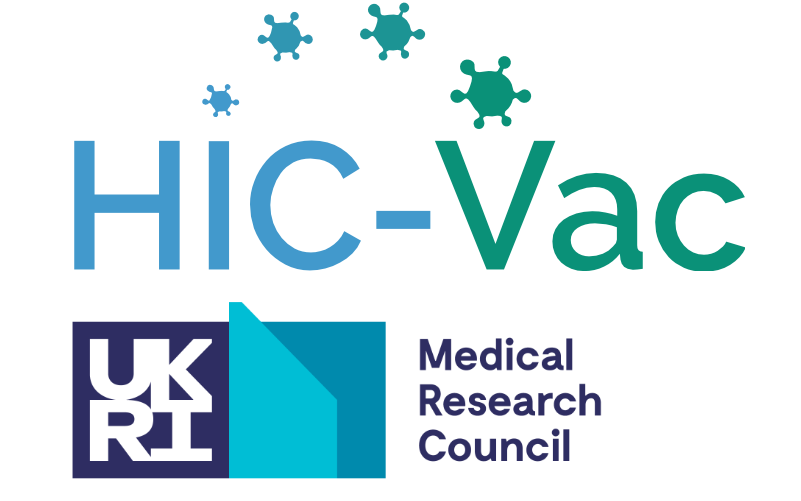Institute: University of Oxford
Identifying host gene biomarkers of bacterial infections using human challenge models
Infections are an important cause of morbidity and mortality across the world, causing almost 10% of all deaths globally.

Diagnostic tests to pinpoint the cause of an infection are sometimes slow and inaccurate. This means that there is often a clinical need to begin treatment before doctors have made a confirmed diagnosis, leading to unnecessary hospitalisations, invasive investigations, and misuse of antibiotics – the latter of which is contributing to the public health challenge of antibiotic resistance. It can also lead to patients not receiving the treatment they need early enough to give them the best outcome.
Recent research has shown that assessing patients’ immune responses during infection, particularly the genes that are switch on/off in their blood cells, can be a strong indicator of which organism is causing a patient’s disease. However, developing a new “gene-based” test to be used in the clinic is challenging.
Throughout this project, we will identify characteristic gene signatures in samples from volunteers who took part in different controlled human infection studies, because in this type of study we know exactly which infection people were exposed to. We will then study whether these genetic signatures reflect natural infections too.
The aim of this project is to identify genetic signatures that distinguish between different bacterial and viral infections, which will could be developed into a rapid point-of-care test to support doctors in their choice of therapies.

